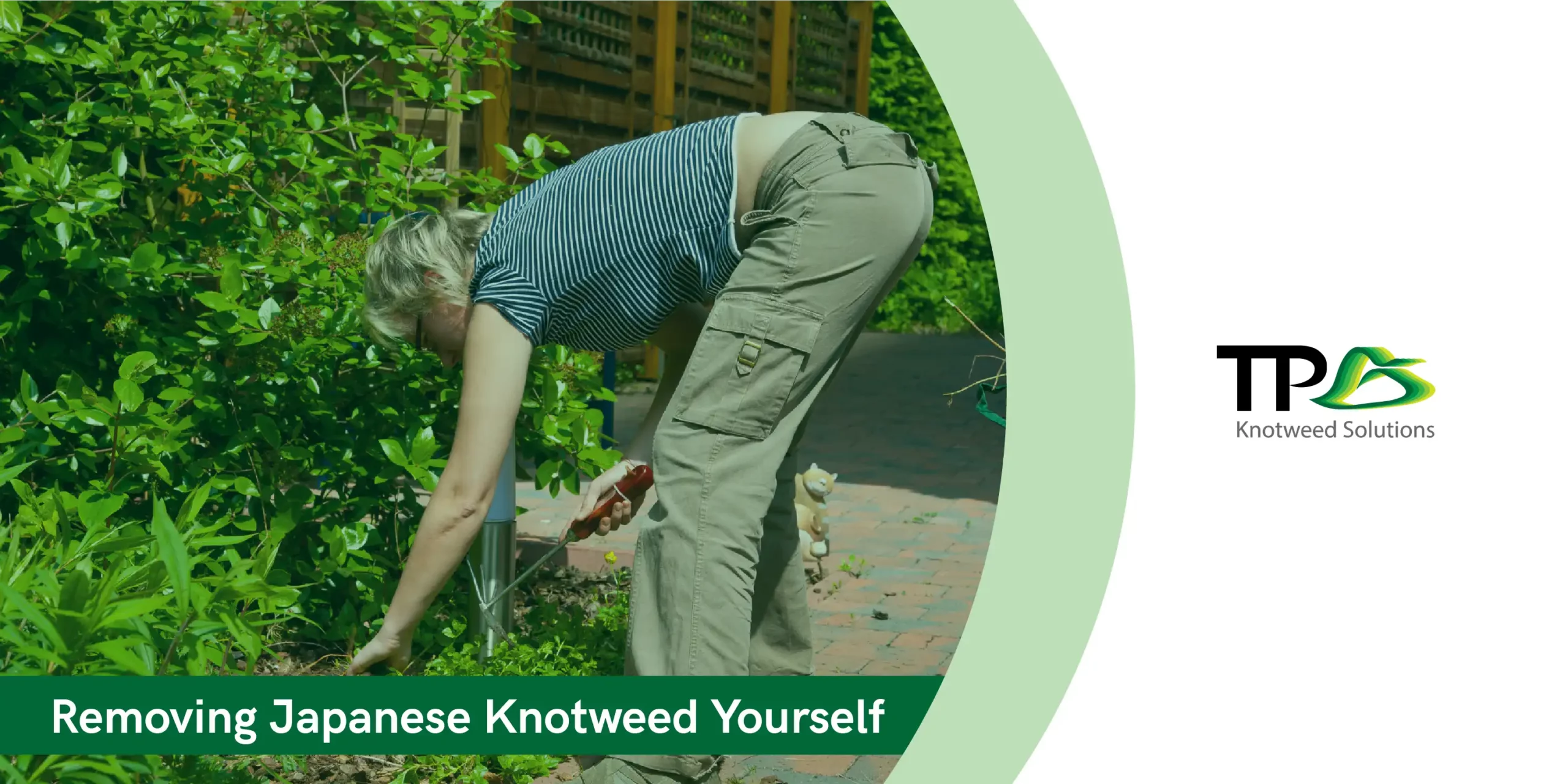Disputes About UK Invasive Species
Can you identify Japanese knotweed? If not, you may be leaving yourself open to all manner of arguments and disputes. Because it’s such a pest, this invasive plant species could cause you to fall foul of several UK laws.
Wildlife and Countryside Act 1981
Allowing Japanese knotweed to flourish in your garden could put you on the wrong side of the Wildlife and Countryside Act 1981, which states that it’s an offence to grow this plant in the wild. And before you imagine that you’re safe because your garden doesn’t constitute the wild, think again. A lawyer may well be able to argue convincingly that the knotweed in your garden violates this law.
Additionally, if you’ve got knotweed on your property then you’ll have problems when it’s time to sell your home, even if you don’t know it’s there. If a potential buyer asks you about any problems with the property and you fail to mention the knotweed, you may become liable if you’re later deemed to have misrepresented your home. As a tenant you may even be liable to your landlord for removing the plant, so make a careful check of the wording on your tenancy agreement.
Environmental Protection Act 1990
This law becomes relevant to you if you transfer knotweed fragments out of your garden and on to another site. It was put in place because of the phenomenal ability of Japanese knotweed to disperse by vegetative propagation: one piece of the live plant has the potential to give rise to a whole new colony. Bear this point in mind when you’re gardening, because if your compost heap contains pieces of knotweed and you give compost to a friend or neighbour, you’re inadvertently breaking the law.
Unfortunately, it’s also a point you must to bear in mind when you want to get rid of knotweed. If you identify stands of knotweed in your garden, cutting it back won’t kill it, but it will probably cause it to disperse. Since successful knotweed removal needs to be based on a sound knowledge of the plant’s biology, it’s always best done by an expert.
Common Law of Nuisance
If the worst-case scenario does occur and you end up transferring knotweed into your neighbour’s garden, you could face a legal claim. Under the common law of nuisance you have a duty to take reasonable steps to prevent the spread of a nuisance from your property to theirs. However, in the case of Japanese knotweed contamination originating in your garden, you could still find that you are held liable even when you’ve been extra careful to prevent the spread.
The resulting court order will probably compel you to remove the knotweed from both properties, and you’ll need to bear the costs of this action. Don’t forget that knotweed control is a tricky prospect, and if your contractor doesn’t handle the resulting waste properly, in trying to observe the common law of nuisance you may be in breach of the Environmental Protection Act 1990. So make sure you use a specialist knotweed control service who can guarantee to keep you in the clear legally.
Town & Country Planning Act section 215
If the knotweed in your garden may – or has already – spread to a public area, you could be in breach of this law. In the same way your neighbour has the right to compel you to take action, your local council can use this law to make you get rid of the knotweed in your garden and surrounding areas. As you can imagine, the financial implications could be considerable.
Even though it’s a daunting prospect, get in touch with the council as soon as you know you have knotweed on your property. The authorities are likely to look favourably on someone who shows willing in the fight against it. If you’re concerned about limiting your potential liability, it’s a good idea to consult a lawyer with experience of knotweed-related dispute resolution.
It seems that when you’ve got Japanese knotweed on your property there’s no end to your troubles, but ignorance is never bliss. knotweed is worth learning to identify for yourself, but beyond that – if you want to stay on the right side of the law – you’re in specialist territory.
Ultimately, the only way to definitively settle your knotweed-related dispute is to have it professionally removed by a reputable contractor.
Contact TP knotweed today for more information. Call 0800 389 1911 or contact us online.




